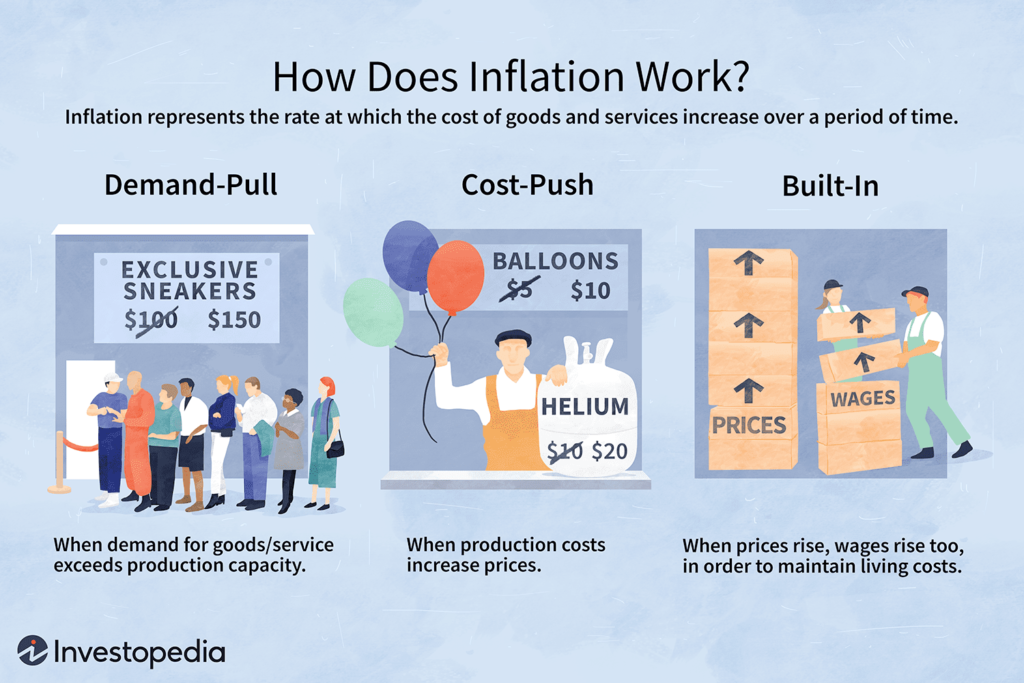How to Protect Your Business from Inflation

With the slow revival of the economy from the pandemic, economists are predicting inflation in the near future. After the $1.9 trillion pandemic package, inflation alarms are blaring. With so much money in the system, it could increase costs, disrupt supply chains, and cause a labor shortage.
High inflation will cause irreversible damage to your business. You could be looking at plummeting profits and valuations. How can you prepare for it? This article will attempt to answer just that.
How to manage
The first step in managing inflation is to forecast what could happen. Predict things like the period of inflation, how long will it last? While it could not be as accurate, it is better than no forecast. After formulating a forecast, here are some steps to take to protect your business from possible inflation.
1. Review your contracts. Look through the existing contracts you have and identify good quality suppliers, renegotiate with them for extended long-term fixed-price agreements. Don’t agree on inflation rate adjustments. Review your customer contracts to make sure you have the ability to change prices and be able to pass on any increase in cost.
2. Plan your price increases. Now that there is some money in the flow, it gives you the ability to increase your prices. But consider moderate increases and spread out to every 6th month or so.
3.While you’re at it consider revitalizing your customer service. Don’t give your clients a reason to price-shop. Give them a reason to stay. Investing in
good customer service while the pandemic is ongoing could be a cost-efficient strategy to retain market share.
4. Fix any collection issues while we are still anticipating the inflation and it’s still not here. When it does arrive, customers will be asking you to
stretch out terms
5. Create a flexible pool of employees consisting of full-time and contingent workers. This will prepare you for future pressure from competitive labor costs.
6. If you need to borrow money, do it now. Consider getting loans now that rates are still low. Also because in inflation the value of the dollar drops. If you borrow now and pay later, your debt could become cheaper while the inflation is high.
7. If you need to spend on any necessary cost, consider going for those with longer contract terms whose prices could drop after the inflation.
8. Consistent application of recording costs by project or customer. A consistent application will yield you more accurate books from which you can base
your forecasts and next course of action.
9. Keep current books. When your books are updated, data for your forecast or planning will be more accurate. It’s better to assign a cost as it accrues
rather than try and remember the nature of the expense a week or a month after it has been spent. The same goes for billing and recording revenue. If you don’t record sales promptly, you run the risk of forgetting about them.
10. Review accounting reports regularly. Doing so will enable you to identify the lowest-margin customer. Regular review will present trends that will
eventually help control profit margins.
Remember that you need to be careful enough to cut costs while not sacrificing quality. Because if you lose demand, you might survive the inflation but you will meet your end. It is important to watch your price elasticity. You have to plan and space out your price increases, with the right balance, you could protect your margins without losing demand.
